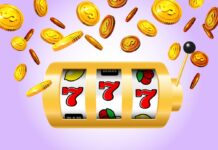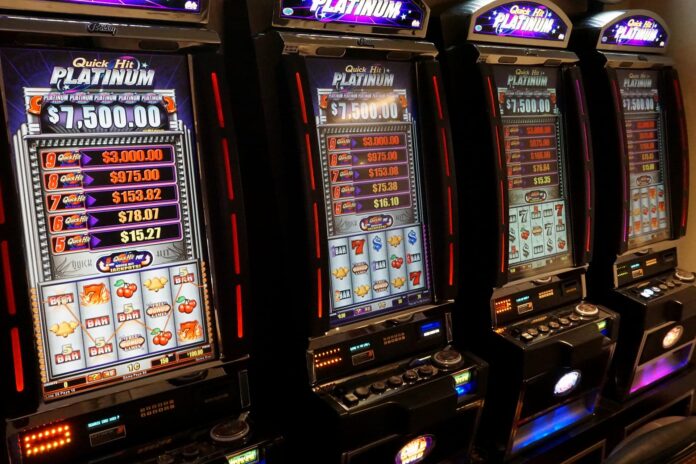
Slot machines, a mainstay in casinos worldwide, possess an uncanny allure. They beckon with bright lights and the promise of fortune, ensnaring players in a web of sound, color, and anticipation.
Understanding the psychology behind slot machines offers insight into why these games maintain such a powerful grip on players. Let’s explore the psychological elements at play.
The Lure of Immediate Gratification
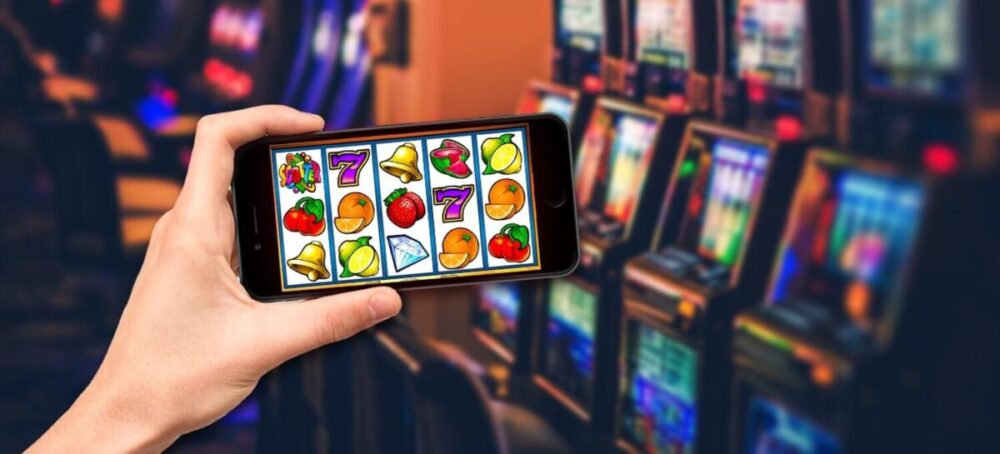
Slots Online caters to the human desire for instant gratification. Unlike traditional table games, slots offer immediate feedback.
A player drops in a coin, pulls a lever or presses a button, and within seconds, the outcome is clear. This immediacy satisfies a basic human urge for quick rewards and plays a significant role in the appeal of slot machines.
Visual and Auditory Stimulation
Casinos meticulously design slot machines to provide sensory stimulation. Bright, flashing lights and cheerful, melodious sounds accompany wins, creating an environment of excitement and positivity.
These sensory cues can create a euphoric state, often referred to as the ‘zone’, where players lose track of time and external worries. This state can be so encompassing that players continue to play, drawn by the visual and auditory stimuli that signal rewards.
Illusion of Control
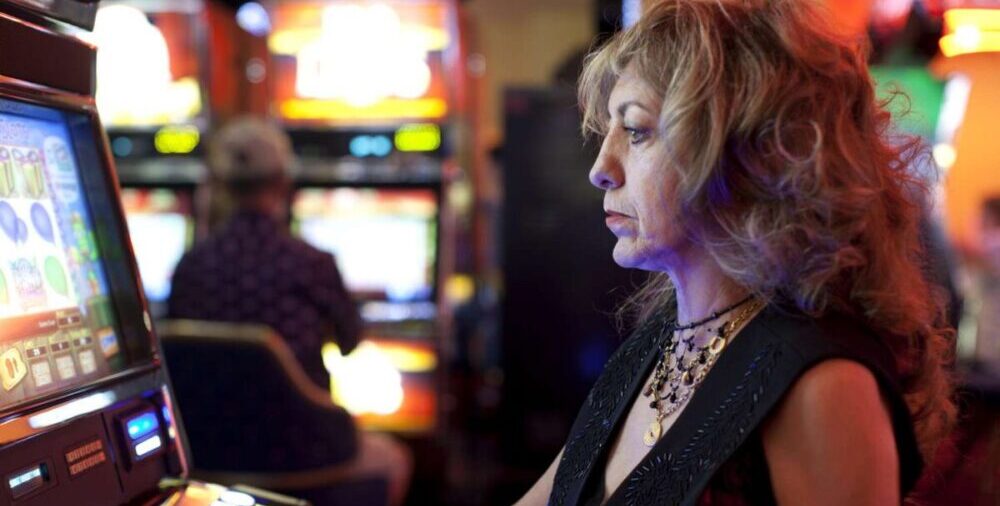
Slot machines ingeniously give players an illusion of control. The ability to choose different betting options, select pay lines, and press buttons to start the reels spinning makes players feel in charge of their gaming experience.
This perception of control can lead players to believe they can influence the game’s outcome, encouraging continued play.
The Near-Miss Effect
The near-miss effect is a potent psychological trigger in slot machine play. When players come tantalizingly close to a big win, for instance, missing a jackpot by just one symbol, it creates a sense of almost winning and increases the excitement.
This effect exploits the player’s belief that a win is ‘due’, fostering an optimistic outlook that keeps them spinning the reels.
Variable Ratio Reinforcement Schedule
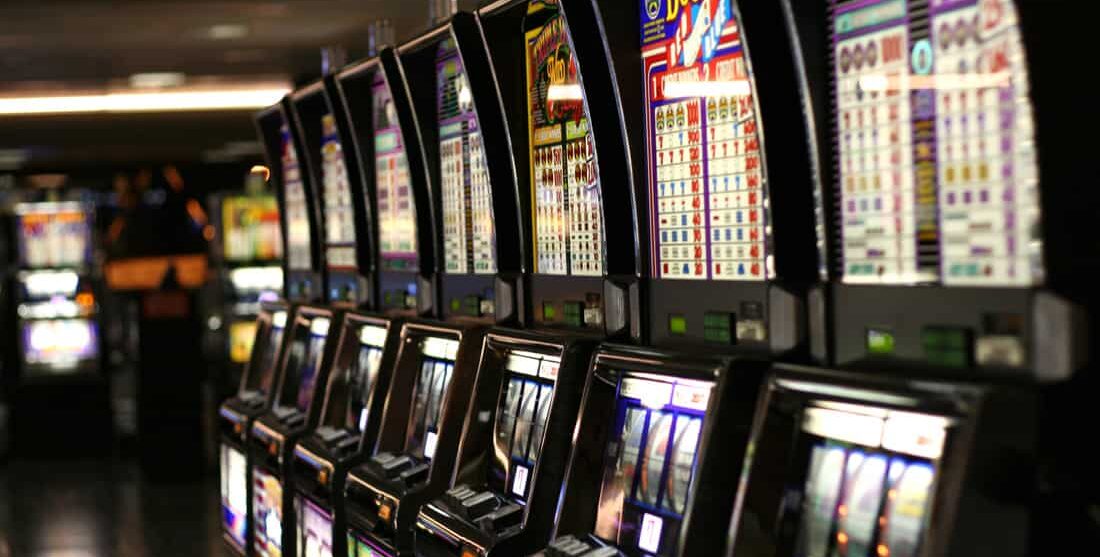
Slot machines operate on a variable ratio reinforcement schedule, a concept borrowed from behavioral psychology. This means that rewards (in the form of wins) are given out at unpredictable intervals.
This unpredictability is crucial for addiction; players cannot discern a pattern and thus keep playing in the hope that the next spin will bring a reward. This type of reinforcement is known to create a high and steady rate of response, making it extremely effective in encouraging repeated behavior.
Escapism and Anonymity
For many, playing slots offers a form of escapism. The immersive experience allows players to detach from daily stresses and enter a world where they can experience thrill and anticipation without judgment or social pressure.
Slot machine areas in casinos are typically designed to allow players to play alone, without the social pressures of table games. This anonymity can be particularly appealing, offering a solitary refuge for players.
The Role of Jackpots
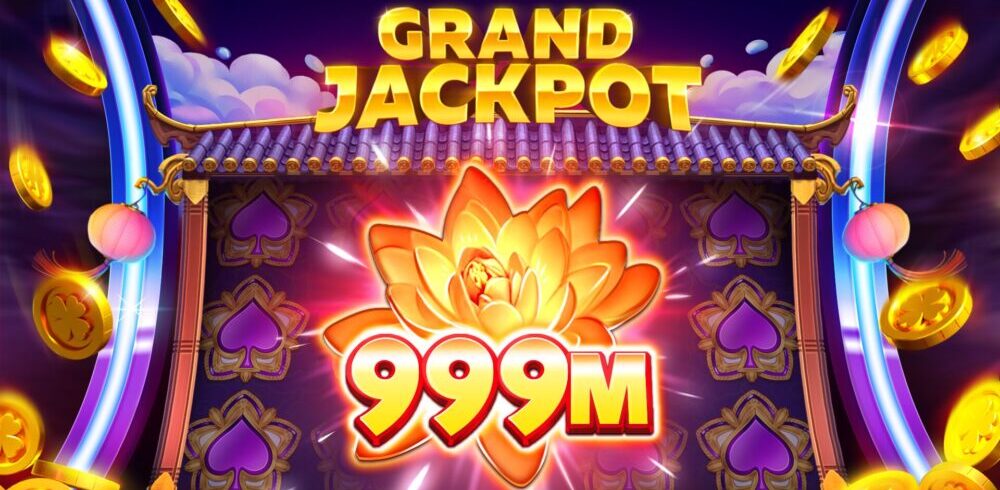
Jackpots play a significant role in slot psychology. The prospect of winning a life-changing sum of money with a small bet is incredibly enticing.
Progressive jackpots, where the prize pool increases each time the game is played but not won, create particularly tantalizing targets for players. The larger the jackpot, the greater the excitement, and the stronger the pull to continue playing.
Social and Cultural Influences
Slot machines also benefit from social and cultural influences. Many cultures view gambling as a socially acceptable form of entertainment. Additionally, the portrayal of big wins and glamorous casino life in media and pop culture contributes to the allure of slots.
People are often drawn to the excitement and perceived glamour associated with slot machines, seeing them as a form of entertainment rather than just a gambling activity.
The Impact of Technology
The advancement of technology has also played a significant role in the evolution of slot machines. Modern slots are more interactive and entertaining, with advanced graphics, animations, and themes that appeal to a broad audience.
Online slots have expanded the reach of these games, allowing players to engage from the comfort of their own homes. The convenience and accessibility of online slots have brought new demographics into the world of slot gaming.
Final Words
Understanding the psychological aspects that drive the popularity of slot machines is key to recognizing their appeal.
While the prospect of winning big draws players in, it’s the combination of immediate gratification, sensory stimulation, illusion of control, near-miss experiences, and the unpredictability of rewards that keeps them coming back.
These elements, combined with cultural influences and technological advancements, create a compelling environment that can be hard to resist. As slot machines continue to evolve, so too will the strategies to maintain their captivating hold on players.



